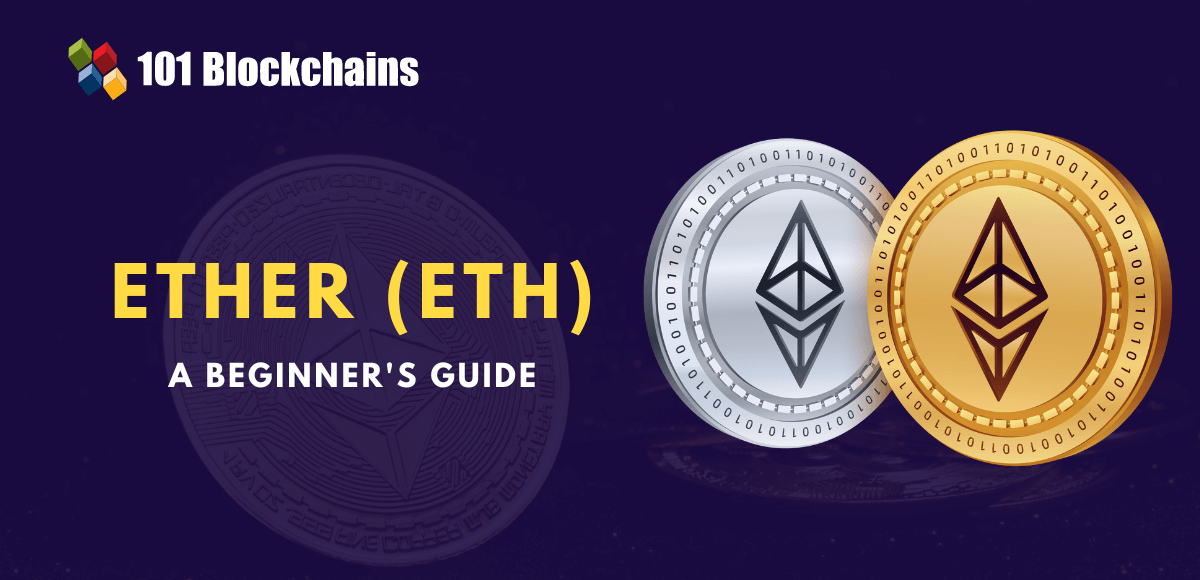Pulse of Information
Stay updated with the latest news and insights.
From Zero to ETH: A Digital Adventure
Embark on an exhilarating journey to ETH riches! Discover insider tips, tricks, and strategies to turn your crypto dreams into reality.
Understanding Ethereum: A Beginner's Guide to Getting Started
Ethereum is a decentralized blockchain platform that enables developers to build and deploy smart contracts and decentralized applications (dApps). Unlike Bitcoin, which primarily focuses on peer-to-peer transactions, Ethereum allows for more complex programming, giving rise to a diverse ecosystem of applications. To get started with Ethereum, beginners should first understand the concept of Ether (ETH), the native cryptocurrency used to facilitate transactions and pay for computational services on the network.
To begin using Ethereum, follow these simple steps:
- Set Up a Wallet: Choose a cryptocurrency wallet that supports ETH, such as MetaMask or Trust Wallet, to store and manage your Ether securely.
- Purchase Ether: Buy ETH on a cryptocurrency exchange like Coinbase or Binance using your local currency.
- Explore dApps: Once you have ETH in your wallet, start exploring various dApps in categories like finance, gaming, and social networking to see the potential of Ethereum.

How to Securely Buy and Store Your First ETH
Purchasing your first ETH (Ethereum) can be a thrilling yet daunting experience. To ensure a secure transaction, start by choosing a reputable exchange. Look for platforms with strong security measures, such as two-factor authentication and cold storage for funds. Once you’ve selected an exchange, create an account and complete the necessary KYC (Know Your Customer) verification processes. This often involves providing identification and personal information. After your account is set up, you can fund it using various methods like a bank transfer or credit card.
Once you have acquired your ETH, the next step is to store it securely. Instead of keeping your coins on the exchange, consider transferring them to a private wallet. There are several types of wallets available: hardware wallets, software wallets, and paper wallets. Hardware wallets, like Ledger or Trezor, are highly recommended due to their enhanced security features which protect your assets from online threats. Always remember to back up your wallet's recovery phrase and store it in a safe place. Following these steps will help you buy and store your first ETH safely, paving the way for your crypto journey.
Top 5 Mistakes New Ethereum Investors Make and How to Avoid Them
Investing in Ethereum can be a lucrative opportunity, but new investors often fall victim to common pitfalls. One of the most significant mistakes is failing to conduct thorough research before making investments. Understanding the fundamentals of Ethereum, its underlying technology, and market trends is crucial. Many newcomers jump into the market based on hype or recommendations from friends, which can lead to poor investment decisions. To avoid this, take the time to educate yourself about Ethereum, read whitepapers, and explore various educational resources available online.
Another mistake is neglecting security measures. New investors often overlook the importance of securing their wallets and cryptocurrency holdings. This can result in losing funds due to hacking or scams. To safeguard your investments, enable two-factor authentication on exchanges, use hardware wallets for long-term storage, and stay informed about common security threats. By prioritizing your digital security, you can significantly reduce the risk of becoming a victim in the volatile crypto market.